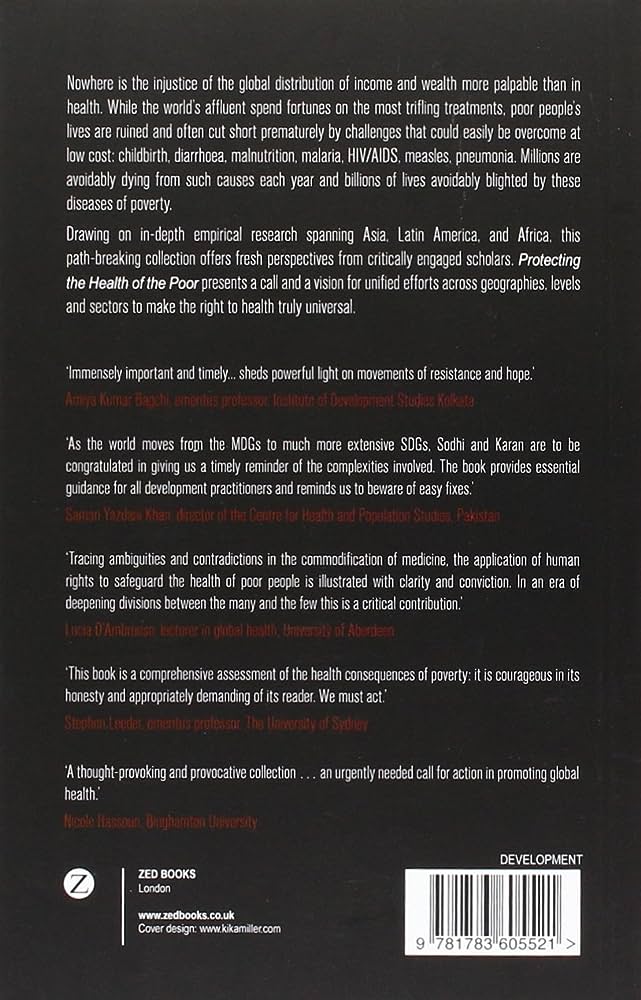Health insurance subsidies are financial assistance provided by the government to help individuals and families afford health insurance coverage. These subsidies help reduce the cost of monthly premiums and out-of-pocket expenses, making health insurance more affordable for those who qualify.
In today’s world, accessing quality healthcare can be a financial burden for many individuals and families. Health insurance subsidies offered by the government aim to alleviate this burden by providing financial assistance to those who need it most. These subsidies come in the form of reduced monthly premiums and lower out-of-pocket expenses, making health insurance more accessible and affordable.
By reducing the financial strain of obtaining coverage, individuals and families can ensure that they have access to the necessary medical services without sacrificing their financial well-being. Understanding the ins and outs of health insurance subsidies is essential for those seeking affordable healthcare options in today’s complex insurance landscape.

Credit: www.vcstar.com
Understanding The Basics Of Health Insurance Subsidies
Understanding the basics of health insurance subsidies is crucial in navigating the complex world of healthcare. Health insurance subsidies play a vital role in making insurance affordable for individuals and families. There are different types of subsidies, including premium subsidies and cost-sharing subsidies.
Premium subsidies help lower the cost of monthly insurance premiums, making it more affordable for those who qualify. Cost-sharing subsidies, on the other hand, assist with out-of-pocket expenses such as deductibles, copayments, and coinsurance. These subsidies are designed to alleviate the financial burden of healthcare for individuals and families.
By understanding how health insurance subsidies work, individuals can make informed decisions about their healthcare coverage, ensuring that they have access to the care they need without incurring excessive financial strain. So, it is important to explore the options available and determine if you qualify for any subsidies to make health insurance more affordable.
Qualifying For Health Insurance Subsidies
Health insurance subsidies can be a crucial support for individuals and families seeking affordable coverage. To qualify for these subsidies, certain income eligibility criteria must be met. The size of the household is an important factor in determining the amount of subsidies.
Subsidies are calculated based on income, taking into account the household’s earnings. Understanding these calculations and criteria is essential for individuals who need financial assistance with their health insurance premiums. By meeting the specified requirements, individuals can receive the necessary subsidies to make health insurance more accessible and affordable.
Navigating The Health Insurance Marketplace
Navigating the health insurance marketplace can be a daunting task for many individuals. State and federal marketplaces offer a range of affordable coverage options that can help ease the burden of healthcare costs. By utilizing these marketplaces, individuals can explore different plans and find one that fits their needs and budget.
It’s important to understand the enrollment periods and deadlines associated with these marketplaces to ensure timely access to coverage. Being aware of the open enrollment period and any special enrollment periods can help avoid missing out on the benefits of health insurance subsidies.
Whether it’s through a state or federal marketplace, taking advantage of these resources can lead to better access to affordable healthcare options.
Maximizing Health Insurance Subsidies
Maximizing health insurance subsidies involves comparing coverage options and utilizing calculators and tools to determine the best value. By evaluating different plans, individuals can find the one that offers the most comprehensive coverage for their needs. Utilizing subsidy calculators and tools is crucial in determining the amount of assistance available and maximizing the subsidy amount.
These resources take into account factors such as income and family size to provide an accurate estimate. When comparing options, it is important to consider not only the monthly premium but also factors such as deductibles, co-pays, and out-of-pocket maximums.
By carefully assessing these factors and utilizing available resources, individuals can make informed decisions about their health insurance and ensure they are maximizing their subsidies to secure optimal coverage.
Common Misconceptions About Health Insurance Subsidies
Misconceptions about health insurance subsidies often lead to confusion and misinformation. Addressing these concerns is crucial to ensure that eligible individuals understand their options and coverage limitations. One common misconception is the belief that subsidies are only available to low-income individuals.
However, subsidies are based on income brackets, and even middle-income individuals may qualify. Another misconception is that subsidies only apply to specific health insurance plans, limiting choices for individuals. In reality, subsidies can be used to purchase health insurance from various providers within the marketplace.
It’s important to debunk these myths and clarify misconceptions, empowering individuals to make informed decisions about their health insurance coverage. By providing accurate information and addressing concerns, we can dispel misunderstandings and ensure that everyone has access to the subsidies they are eligible for.
Assessing The Impact Of Health Insurance Subsidies
Assessing the impact of health insurance subsidies involves examining the success and challenges of subsidy programs. By analyzing their effect on insurance coverage rates, we can determine the extent to which subsidies have made health insurance more accessible. Additionally, assessing the economic benefits of affordable health insurance is crucial.
These subsidies not only help individuals and families obtain coverage but also contribute to overall economic growth. With increased access to healthcare, the burden on public healthcare services decreases, leading to cost savings in the long run. This ultimately benefits both individuals and the economy as a whole.
Understanding and evaluating these subsidies allows us to determine their effectiveness and make informed decisions regarding their implementation and continuation.
The Future Of Health Insurance Subsidies
The future of health insurance subsidies holds potential changes and advancements in subsidy programs. These changes aim to address gaps in subsidy eligibility and coverage, ensuring that more individuals have access to affordable healthcare options. It is essential to advocate for continued support and expansion of subsidies, as they play a crucial role in providing financial assistance to those who need it most.
By expanding subsidy programs, we can ensure that more people have access to quality healthcare without facing excessive financial burdens. These advancements are vital for promoting the overall well-being of individuals and communities, as everyone deserves access to essential healthcare services.
By supporting and advocating for subsidies, we can work towards a future where healthcare is accessible and affordable for all.
Frequently Asked Questions On Health Insurance Subsidies
What Are Health Insurance Subsidies?
Health insurance subsidies are financial assistance provided by the government to help individuals and families afford health insurance coverage. These subsidies can help reduce the monthly premium costs and make health insurance more affordable for those who qualify.
How Do I Qualify For Health Insurance Subsidies?
To qualify for health insurance subsidies, you need to meet certain income criteria and purchase your health insurance plan through the health insurance marketplace. The subsidies are based on your household income and size, and can significantly lower your monthly premium costs.
What Is The Purpose Of Health Insurance Subsidies?
The purpose of health insurance subsidies is to make health insurance more affordable and accessible for individuals and families with low to moderate incomes. These subsidies help reduce the financial burden of health insurance premiums and ensure that people can get the coverage they need.
Can I Get Health Insurance Subsidies If I Already Have Insurance Through My Employer?
In most cases, individuals who have access to affordable employer-sponsored health insurance are not eligible for health insurance subsidies. However, there are exceptions if the employer-sponsored coverage does not meet certain criteria, such as affordability or minimum value requirements.
How Do Health Insurance Subsidies Affect My Taxes?
Health insurance subsidies can have an impact on your taxes. If you receive subsidies, you’ll need to report them on your tax return. Additionally, if your income or family size changes during the year, it’s important to notify the marketplace to avoid any overpayment or underpayment of subsidies.
Conclusion
Health insurance subsidies play a crucial role in providing financial assistance to individuals and families who may otherwise struggle to afford quality healthcare coverage. These subsidies can significantly lower monthly premiums and out-of-pocket costs, making healthcare more accessible to low and middle-income households.
By expanding eligibility requirements and increasing the amount of subsidies available, more people can benefit from these programs. It is important to keep in mind that healthcare costs can vary based on factors such as income, age, and location, so individuals should thoroughly research their options and consult with a healthcare professional or insurance broker to determine the best coverage for their needs.
Understanding the available subsidies and how they can help alleviate the burden of healthcare expenses is essential in navigating the complex landscape of health insurance. By taking advantage of these subsidies, individuals can protect their health and financial stability, ensuring that quality healthcare remains within reach for all.







